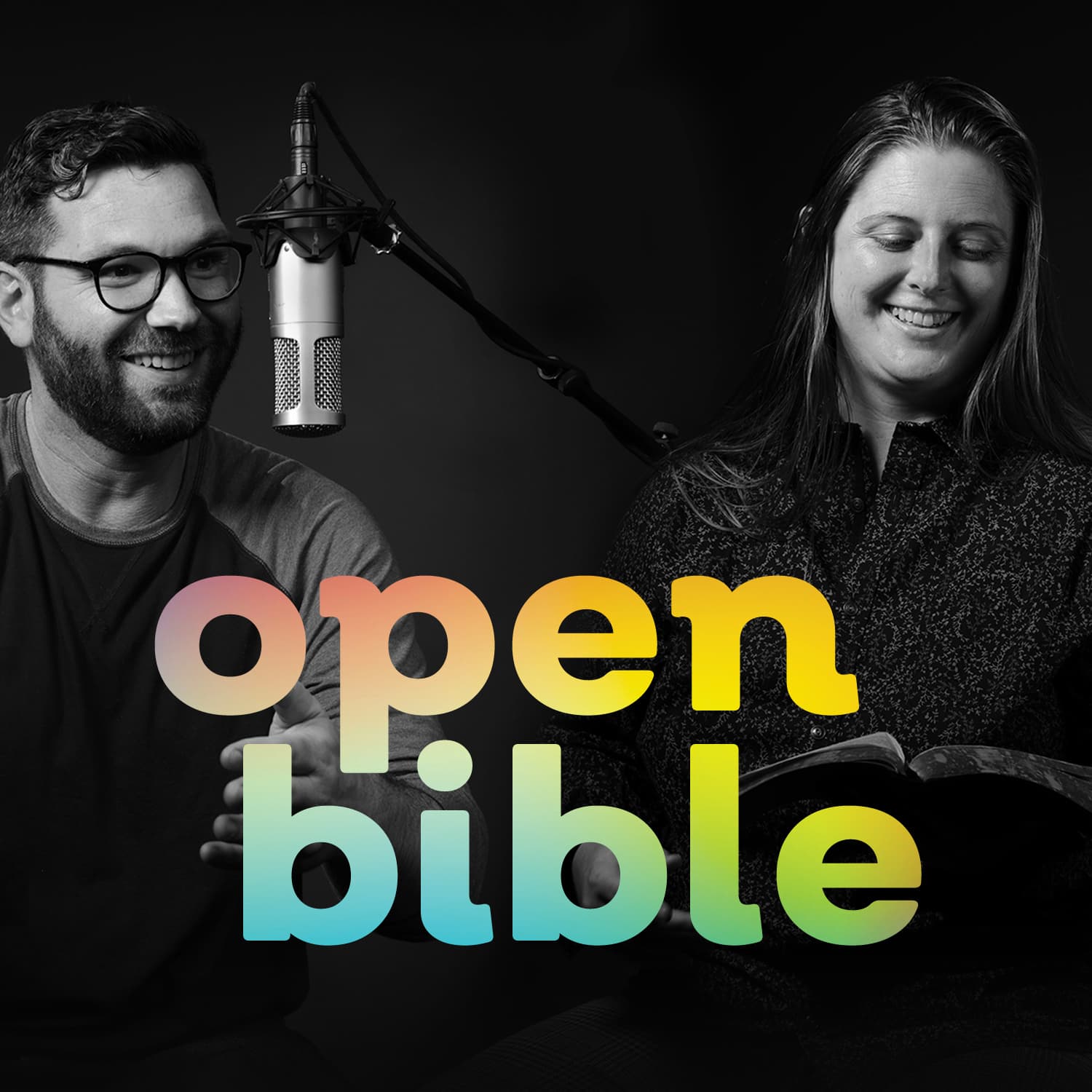Religion & Spirituality
In recent years, more and more Christian churches who believe same-sex marriage is morally wrong are recommending life-long celibacy as a solution for gay and lesbian Christians. This is an acknowledgement that sexual orientation doesn’t often, if at all, respond to change attempts.Yet our society isn’t built for celibacy. Perhaps that could be changed. But even so, how is one to understand celibacy? How does the Bible talk about celibacy? Is celibacy ever offered as a solution for avoiding sexual sin or specifically for avoiding same-sex sexuality? And how have LGBTQ people experienced celibacy as a solution for same-sex attraction?In this episode we interview Matthew Vines. Matthew is the author of God and the Gay Christian. He’s also the founder and executive director of The Reformation Project. You can find out more about his work at the links below: Book: God and the Gay Christian The Reformation Project The Reformation Project’s Youtube Channel The Reformation Project’s 2020 Conference Questions for reflection and group discussion: Do you believe all people are capable of living life well as celibate for life? Or do you believe some people are made for relationships? What difference does it make? If the experiences of LGBTQ people trying to live out theology that excludes same-sex marriage really are damaging and harmful for some people, does that make a difference theologically? Is there a point at which these experiences alone cause you to wonder whether the promises of scripture are really being fulfilled in this theology? Where might that line be? Whose voice carries the weight of influence with you? How do you go about deciding what the impact of established theology is? Especially if you are straight, what is the best way to go about answering these questions? Side B Christians have worked hard to establish social structures so they can live their lives as celibate, but not alone. What benefit does this provide to the church at large? Have you seen Christian churches challenge straight people to ask themselves whether they are called to commit to life-long celibacy? How would such decisions be made? How does a straight person know if they are called to celibacy? How does a gay or bisexual person know if they are called to celibacy? Are gay and lesbian people automatically called to celibacy, whether or not they demonstrate a calling to celibacy in the way a straight person would?If you identify as straight: What would be different about your life if all romantic relationships were off limits to you from the time you were an adolescent until the end of your life? What experiences would be taken from your life, and how valuable are those experiences? Are there positive aspects of this? Would those positives be worth what you would be giving up? How would you be treated differently from others in your faith community?If you are attracted to the same gender: What would be different about your life if your natural attractions were not considered automatically wrong? What if you could marry anyone based on their character, the health of the relationships, and of course their availability? How would your life be different? What experiences would you likely have that you don’t have now? What would you have to give up that is positive? How would this change the way you relate to others in your faith community?If you are bisexual: Pick your own question, it’s a bisexual perogative.

